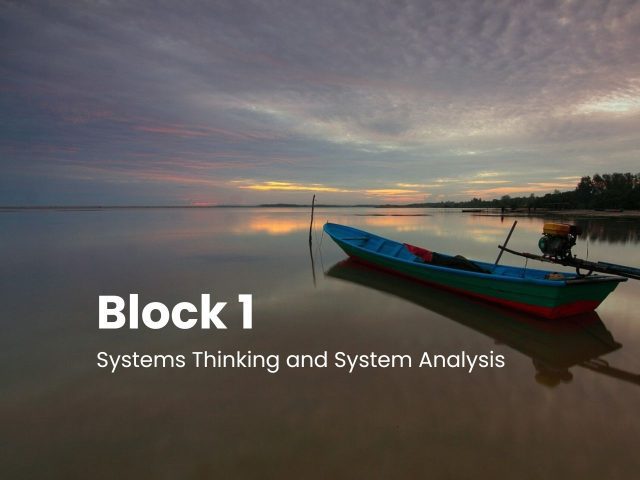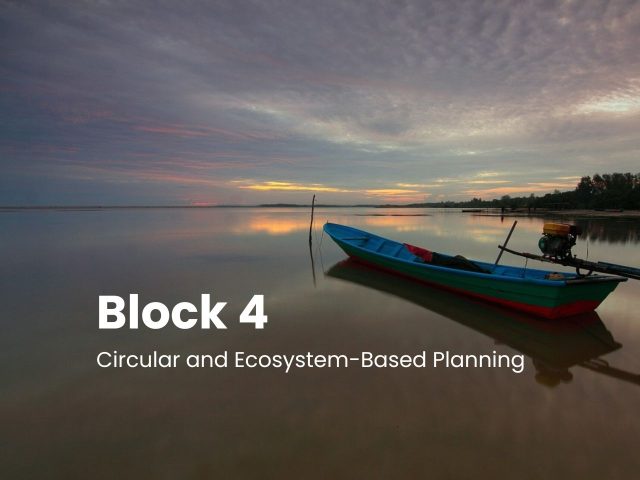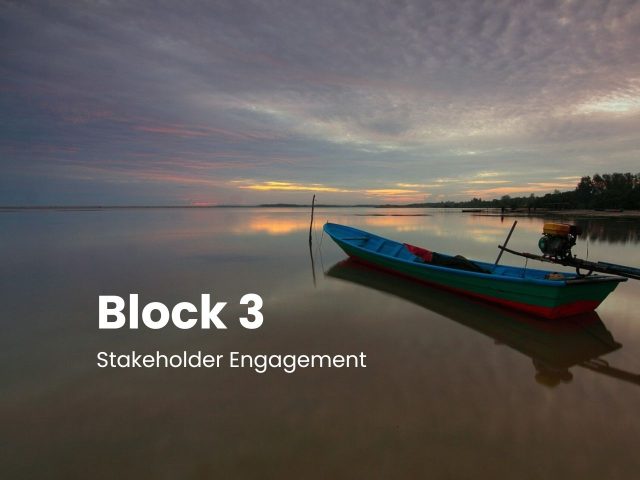River Basin Management Academy (RBMA) is a six-block tailored-made training and capacity building program for the Water Resources Agency of the East Java Province civil servants, collaborating with Nuffic, HZ University of Applied Sciences and The Water Agency.
The main goal for the training is to make the knowledge transfer and transformation happen between the Welang Masterplan consortium to the Province’s civil servants. This knowledge transfer on integrated river basin management could be repeated in the coming years for new employees of the Province to provide opportunities for life-long learning as per the Sustainable Development Goals 4 agenda.
The program consists of 6 learning blocks and this article includes resources for Block 1: Systems Thinking and System Analysis.
Course Content: Block 1 – Systems Thinking and System Analysis
1.1 – Introduction to Systems Thinking
Understanding risk means understanding what we know, what we don’t know, and even perhaps trying to grapple with what we know we don’t know. Risk is complex. We need to understand how to deal with it without resorting to reductive measures that isolate and ignore the systemic nature of risk.
Systemic risk – risk that is endogenous to, or embedded in, a system that is not itself considered to be a risk and is therefore not generally tracked or managed, but which is understood through systems analysis to have a latent or cumulative risk potential to negatively impact overall system performance when some characteristics of the system change.
“Systems thinking” emerged in the 1920s and 1930s from a series of interdisciplinary dialogues among biologists, psychologists, and ecologists. In all these fields scientists realized that a living system — an organism, ecosystem, or social system — is an integrated whole, whose properties cannot be reduced to those of smaller parts. The “systemic” properties are properties of the whole, which none of its parts have.
Systems thinking involves a shift of perspective from the parts to the whole.
Part 1
Part 2
Part 3
Part 4
Go To the Next Page To Continue





